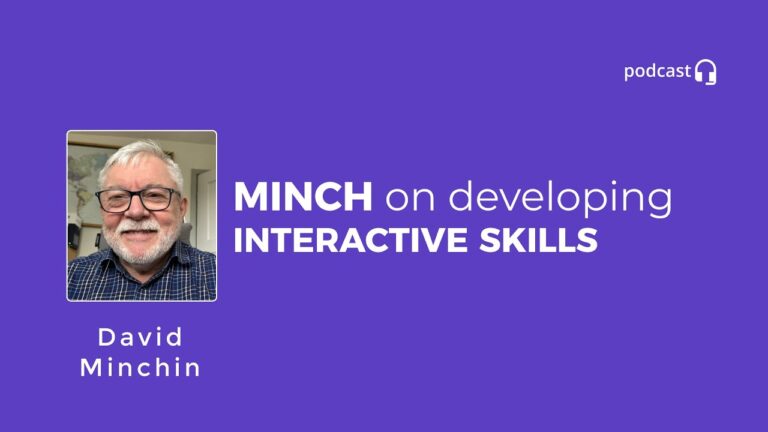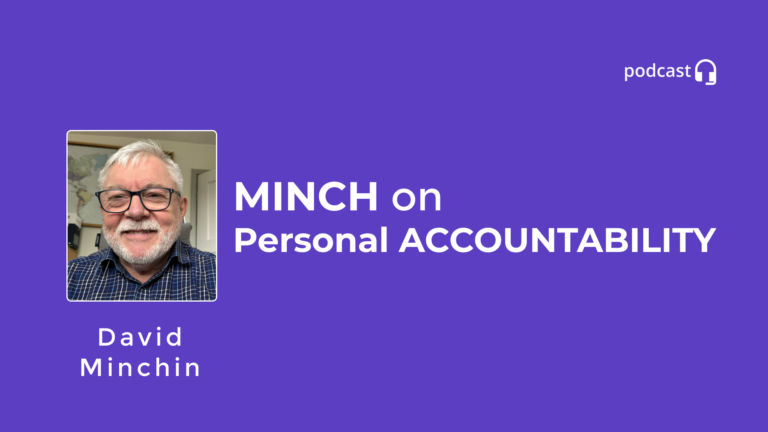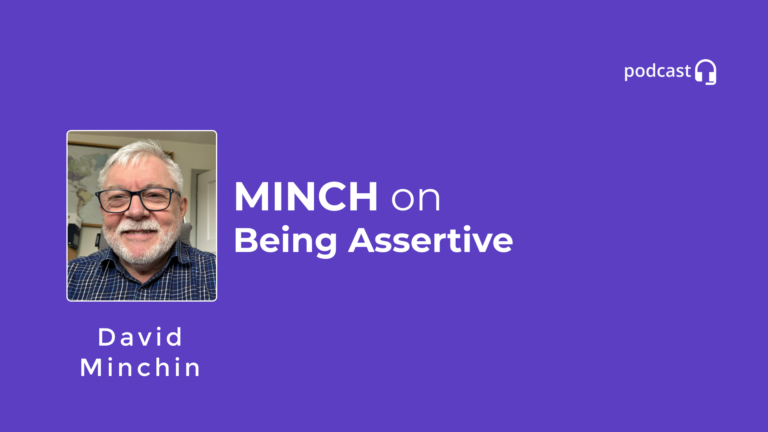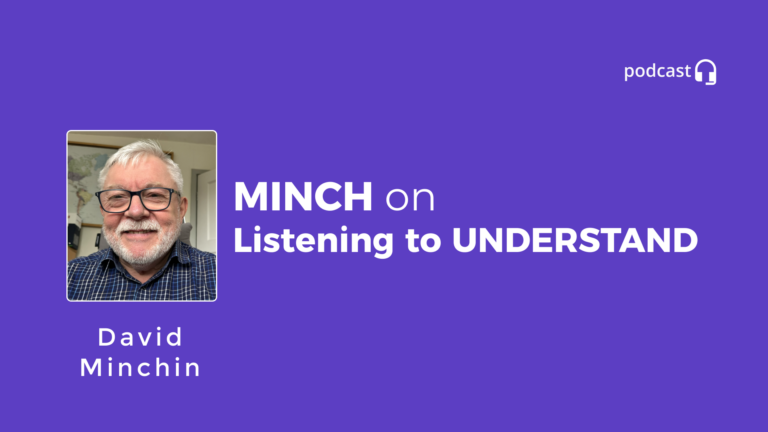Project Management: From Theory to Practice
Why attending the PM@Work course can become the catalyst for your professional growth as a project manager.

Marian Stirbescu
Senior trainer
In recent years, the pressure to deliver more, faster and at lower cost has turned project management from a set of good practices into a genuine competitive advantage.
In theory, every project follows similar stages of initiation, planning, execution and closure. In reality, the difference between teams that mark projects as “Successful” and those that lose energy in repeated attempts lies in how quickly and coherently they apply the right tools.
Who is a project manager?
A project manager is a professional who plans, organises and leads the completion of specific project activities.
They are responsible for ensuring that projects are delivered on time, within budget and to the required standards, working alongside a team to achieve these goals.
The responsibilities of project managers are diverse, but the aim here is not to go into detail.
From a project manager focused on operational tasks
To a strategic leader in their field capable of understanding the broader context, influencing stakeholders, and maximising delivered value.
Why being a Project Manager accelerates your career
According to estimates based on current trends, Europe will need around 25 million new project management professionals by 2030.
A study by the Anderson Economic Group for PMI shows that, by 2027, demand for project management professionals is expected to increase by 33%, creating approximately 22 million new jobs globally. It is a rapidly expanding profession, and the advantages for your career are clear:
- Cross-functional exposure in business
A PM works closely with sales, finance, IT, marketing, and supply chain departments, gaining a comprehensive view of the organisation and identifying opportunities to grow into new roles. - Fast development of hard & soft skills
A Project Manager develops essential skills daily, including data analysis, negotiation, presenting to leadership, and managing conflict. Results are measured clearly through deadlines met, budgets controlled and client satisfaction (internal or external). - Mobility and access to a global market
PMBOK, PRINCE2, and Agile methodologies are international standards. Once mastered, they open doors in any industry and market, with minimal adaptation required for local specifics.
Developing skills through practice and training
Formal education is important, but on-the-job learning is essential for project managers.
Around 60% of their skills come from practical experience.
However, more than half of project managers state that their organisations do not provide them with enough training.
This statistic highlights the importance of ongoing development through training and mentoring.
Source: Zoe Talent Solutions
PM@Work – a course built on real-world needs
Unlike academic formats, PM@Work begins with the premise that genuine learning occurs only when you actively utilise the daily tools of a project manager.
The three-day experiential format, with practical applications, is delivered as a project simulation that replicates the steps and pace of real-life situations.
Participants work in teams and carry out practical activities:
- Draft a compelling Project Brief
- Document business and system requirements
- Build the activity plan
- Estimate durations and budgets
- Identify, assess and address risks
- Develop a communication plan tailored to stakeholders
- Discuss defining an issue log, the need for project status reporting and lessons learned through retrospectives
- Integrate Agile practices (daily stand-ups, reviews)
- Practise identifying and managing stakeholders.
The course is delivered using the Starter Projects guide – a simplified project management method that provides post-training support and reusable templates for small to medium-sized projects.
Where PM@Work fits in Axioma’s project management training portfolio
From first steps in Project Management Essentials to real-time simulations with PM@Work and preparation for international certifications (PMI, CompTIA), Axioma’s training portfolio offers a comprehensive professional journey.
It is built on practical experiences designed to transform participants into project leaders, ready to deliver quickly and with impact.
|
Program |
Duration |
Primary target audience |
Main Objective |
|
PMQuickStart |
2 days |
Project resources & junior PM |
Rapid acquisition of basic vocabulary, understanding how projects work to maximise one’s own contribution |
|
PM@Work |
3 days |
Project managers or project team members with minimal experience |
Practical application and development for the project manager role |
|
PMP/CAPM Exam Preparation |
5 days (+ self study for the preparation) |
Professionals seeking PMI certification |
Exam preparation, PMBOK coverage |
|
CompTIA Project+ (Project management for IT) |
3 days |
IT specialists |
PK0-005 preparation, IT focus |
- PMQuickStart – “the appetiser”: two days focused on terminology, essential steps and practice – ideal for colleagues at their first contact with projects.
- PM@Work – “the main course”: practical applications that support the use of planning, estimating and control techniques as in real life.
- PMP/CAPM Prep – “professional validation”: focus on moving to the next level of professional recognition, exam simulations; useful if you are aiming for PMI international recognition.
- CompTIA Project+ – “the IT speciality”: a curriculum anchored in technological integration, with a less demanding exam than PMP.
PM@Work
A practical course for validating experience and developing key project management knowledge, aimed at raising the professional level, delivered in the form of a project simulation
3 days in-house or online
You don’t become an internationally certified Project Manager overnight!
Certifications such as PMP, PRINCE2 or the forthcoming Starter Projects accreditation validate strong competencies and require not only study and practical experience, but also relevant prior exposure to formal project environments and significant individual learning effort.
Participating in an intensive, applied programme such as PM@Work becomes an essential companion on this journey: it strengthens your technical foundation, provides you with working templates, and opens new perspectives on project work.
In short, it prepares you for the challenges of real projects as well as for the rigours of a certification exam accessible to those at the start of a PM career.
Participants in the PM@Work programme who acquire the practical Starter Projects method later find it easier to understand and approach international certification preparation courses in predictive project management, such as those offered by PMI, PRINCE2, and others.
If you are aiming for an international certification, it’s worth serving your apprenticeship with PM@Work.
Preparing for the future: Starter Projects certification
Axioma is working on and will soon launch the Starter Projects certification, aimed at PM@Work graduates.
The exam will assess not only the knowledge gained but also the quality of deliverables produced during the preparation of an individual project, making it the most accessible local Project Management certification.
For employees seeking fast, relevant and budget-friendly validation, this may be the first and most accessible Project Management certification.
Is your organisation investing in project management training?
You can always develop on your own, but it’s worth asking if your company is willing to invest in project management training.
The benefits are tangible for both those who lead project initiatives and the team members involved.
What companies gain by allocating a training budget:
- Greater predictability of cost-time-quality
Course graduates learn to develop realistic plans and monitor deviations in real-time. The direct result is lower additional costs caused by inaccurate estimates and more consistent delivery “on-time & on-budget”. - Reduced operational risks
Practical methods of identifying and qualitatively assessing risks, exercised during the training, reduce the probability of costly surprises and increase the organisation’s ability to respond quickly to change. - Standardisation and a common language in projects
Tools (Project Brief, RACI matrix, risk register, status dashboard) become reusable corporate templates, while teams gain a shared vocabulary that smooths collaboration across departments. Members gain a better understanding of practices and roles, thereby reducing blockages within teams. - Developing internal “ambassadors” of Project Management
Participants return with immediately applicable know-how, facilitating peer mentoring and spreading best practices across the organisation. The result is a mature execution culture and a significantly higher project success rate. - Alignment with international standards
Globally recognised certifications and methodologies enhance the company’s reputation and increase competitiveness.
In summary
If you are at a point in your career where competence must quickly be visible in results, PM@Work strikes the perfect balance between theory and practice.
It provides you with the complete toolkit, from the Project Brief to the lessons learned report, plus the opportunity to test project management practices in a safe environment, guided by experienced trainers.
And when you are ready to validate your progress officially, the forthcoming Starter Projects certification will be just a click away – without the pressure of costly exams and overwhelming volumes of material.
Ultimately, it is not just about ticking off another training on LinkedIn, but about building a working method you can apply consistently, project after project.
In this sense, PM@Work is more than an investment in knowledge; it is a bet on your ability to turn opportunities into tangible results, to lead teams and to raise your visibility within the organisation.
About STARTER Projects
The STARTER Projects guide provides a minimalist and pragmatic approach for defining, planning, and managing low to medium-complexity projects.
Comprising just 18 pages, including an introduction, roles, phases, templates, and useful appendices, it is designed to function efficiently in simple scenarios common in small organisations or individual initiatives: https://axioma.ro/ghidul-starter-projects/.
Core values (acronym STARTER):
- Simplicity / Solution-oriented – simple and focused on solutions
- Planned to minimal – minimal planning
- Aligned with existing capabilities – aligned with current capabilities
- Risk Tolerant Initiative – tolerant of risk
- Team-centric and Timely delivery – team-oriented with on-time delivery
- At minimum – kit of essential practices – a minimal set of basic practices
- Needs come first, no-nonsense – prioritising needs, avoiding unnecessary compromises.
Target audience: Project managers, decision-makers, freelancers, beginners, or operational staff managing individual or small projects.
The approach is suitable for projects with high risk tolerance, modest budgets (thousands to tens of thousands of euros/dollars), small teams, and short durations (days to months).
Structure and phases: The guide outlines four main phases – Define, Plan, Execute and Close – each with sub-phases, key activities, recommended events and documents.
For example, in Define, the project brief and kick-off are created; in Execute, status is monitored and issues and changes are managed; in Close, acceptance is formalised, lessons learned are documented, and the project is officially concluded.
Included templates: Project Brief, requirements and specifications list, solution description, activity plan, risk and issue logs, status report, testing forms, change requests, acceptance documents, lessons learned, plus the Kick-Off meeting template.
Clear purpose and approach: STARTER Projects is not intended to be a comprehensive project management framework – this is a deliberate choice to maintain simplicity and applicability for small to medium-sized projects.
For initiatives with higher complexity, it is recommended to use established standards, such as the PMBOK, APM Body of Knowledge, or PRINCE2.







